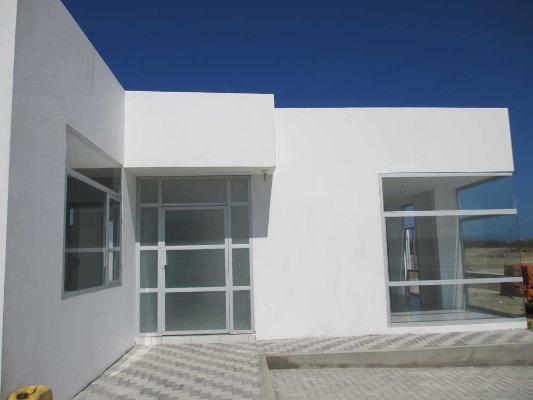Leaked cable shows Ecuador was threatened by the EU in trade negotiations; Legislators ask for more details
Some legislators in Ecuador’s National Assembly, including members of President’s Rafael Correa’s Alianza Pais party, are complaining that the country agreed to a bad deal in recent trade negotiations with the European Union.
The complaints intensified this week with the revelation of a leaked
cable that shows Ecuador’s government was threatened with isolation and a
devastating loss of trade if it didn’t return to the negotiating table
for the EU-Andean Trade agreement.
Four years of negotiations culminated July 17 when Ecuador agreed to a deal that goes into effect in two years.
 Several Assembly members say that the country gave away too much in the agreement and complain that too many details of the agreement have not been released. What is known so far, is that prices for a number of European products, including cars, wine and liquor will drop dramatically when the agreement goes into effect.
Several Assembly members say that the country gave away too much in the agreement and complain that too many details of the agreement have not been released. What is known so far, is that prices for a number of European products, including cars, wine and liquor will drop dramatically when the agreement goes into effect.
“What we don’t know is what we are worried about,” says Assemblywoman Lourdes Tibán. Among the “unknowns” she and others say, are the deal Ecuador agreed to involving intellectual property rights.
Tens of thousands of jobs could be at stake if Ecuador is forced to close music and video stores that sell disks that are illegally copied. Because of the high stakes, the government has, for years, turned a blind eye toward the practice. In other trade agreements, the EU has insisted that illegal disk copying and sales be stopped.
Correa has vigorously defended the agreement, most recently last Saturday during his weekly television broadcast. “This is a deal that is good for Ecuadorian businesses and the Ecuadorian people,” he said. “On some products, we will have to compete internationally but on sensitive sectors of the economy we negotiated protections. This is not a typical free trade agreement.”
Correa won election in 2006 on a platform opposing free trade agreements.
In the 2011 cable leaked by the Associated Whistleblowing Press, Ecuador’s then-ambassador in Brussels, Fernando Yepez Lasso, wrote to the Viceminister for Foreign Relations in Quito explaining the situation:
“The proposal of the European Commision, which includes criteria that could exclude Ecuador from the preferences framework […], is an element of pressure on Ecuador to join the free trade agreement […] which puts us at a huge disadvantage compared with our Andean and Central American competitors.”
Ecuador signed the Agreement July 17, after four years of negotiation. Had it not, it risked losing the aforementioned EU preferences framework — freeing developing countries of duties — which would have cost Ecuador US$1.2 billion, according to a study by the U.N. Economic Commission for Latin America and the Caribbean.
Included in this cost was business lost to neighboring countries Colombian and Peru, who both signed the EU-Andean Agreement in 2012, and who are characterized by more neoliberal economic policies. Ecuador initially resisted the Andean Agreement, due to the push for a more solidarity or socialist economy, by President Rafael Correa, an economist by profession. However, these cables prove that, faced with Colombia and Peru’s agreements with the EU, resistance was extremely difficult:
“In December our duty-free trade preferences with Europe are due to expire. Europe is our primary export market for oil. And Colombia and Peru, which have similar economies to us in terms of their commerce structures, have already signed those agreements with Europe.”
Correa made the above comments in an interview in July, in an attempt to justify Ecuador’s change of heart. Back then he hinted to the EU’s behind-the-scenes arm-twisting:
“We don’t believe in free trade. It is the most anti-historical thing that exists; almost no developed country used it. But we do believe in mutually beneficial trade and, furthermore, here we have huge pressures.”
Ecuador’s government, however, seems to have made the best of a potentially bad situation. In 2011, Yepez Lasso wrote that “efforts to modify the criteria could adversely affect the proposal from the European Commission.”
Perhaps showing just how far Ecuador’s resistance to signing the agreement has gotten them, Minister of Foreign Commerce, Francisco Rivadeneira, told journalists at a press conference that Ecuador had achieved “unprecendented” concessions.
“We were obligated to negotiate, but we negotiated hard,” Correa said in the above interview.
Photo caption: Minister of Foreign Commerce Francisco Rivadeneira





















